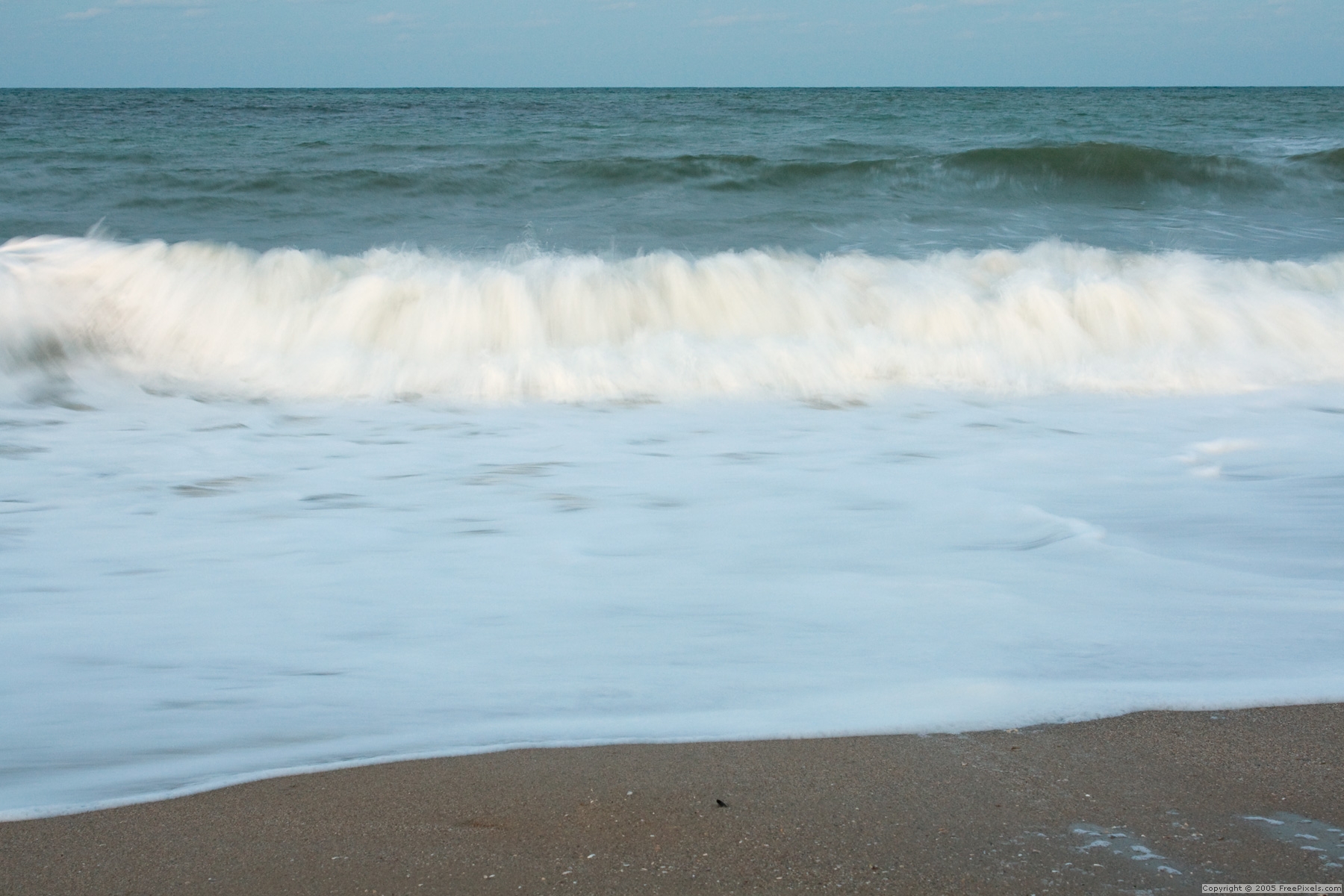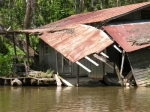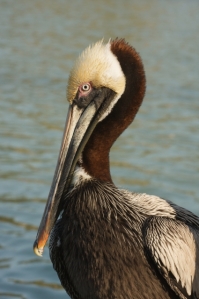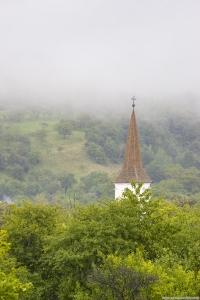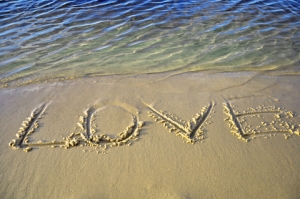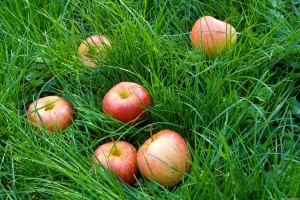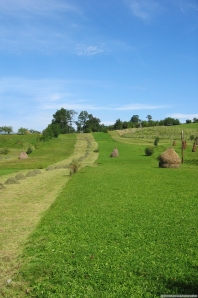THE FIERCE SWORD OF COMPASSION
Today’s post is about compassion, what it is and what it isn’t. The title for the post comes from Jack Kornfield, world renown Buddhist teacher and guide, from a book I can not recommend highly enough entitled The Wise Heart. Citing from Kornfield’s introduction of what Buddhism is and isn’t provides a helpful backdrop to the universal application of compassion. It is a principle that is a cornerstone of every life well lived, whether one adheres to a particular faith or not:
“In approaching this dialogue, I’d like to underscore a point the Dalai Lama has made repeatedly: “Buddhist teachings are not a religion, they are a science of mind.” This does not deny the fact that for many people around the world Buddhism has also come to function as a religion. Like most religions, it offers its followers a rich tradition of devotional practices, communal rituals, and sacred stories. But this is not the origin of Buddhism or its core. The Buddha was a human being, not a god, and what he offered his followers were experiential teachings and practices, a revolutionary way to understand and release suffering.”
In fact, an Italian scientist named Giacomo Rizzolatti and his colleagues discovered a class of brain cells called “mirror neurons.” Their research showed that through our mirror neurons we actually feel the emotions, movements, and intentions of others. It is part of our social brain, “a neural circuitry that connects us.”
 Linguistically, the word compassion has its roots in Latin and Old French. From the Latin compassionem, com (with), pati (to suffer), ion (state of, act of), it means “the act of suffering together.” When we feel another’s sorrow: at a friend’s husband’s funeral, with a mother whose child is undergoing chemotherapy, we often weep with them and for them. On another level, we feel the anguish also for ourselves. We too are not immune, we all have experienced or will experience pain and death, of one kind or another. There is much healthy connection in feeling sympathy for another’s pain. If we have experienced similar tragedies, we may have something insightful to contribute to alleviate the suffering. Yet, even if we have never had that experience, as humans we contain the urge and strong desire to end their suffering. Our willingness and openness to become a vehicle for healing can, in and of itself, bring comfort.
Linguistically, the word compassion has its roots in Latin and Old French. From the Latin compassionem, com (with), pati (to suffer), ion (state of, act of), it means “the act of suffering together.” When we feel another’s sorrow: at a friend’s husband’s funeral, with a mother whose child is undergoing chemotherapy, we often weep with them and for them. On another level, we feel the anguish also for ourselves. We too are not immune, we all have experienced or will experience pain and death, of one kind or another. There is much healthy connection in feeling sympathy for another’s pain. If we have experienced similar tragedies, we may have something insightful to contribute to alleviate the suffering. Yet, even if we have never had that experience, as humans we contain the urge and strong desire to end their suffering. Our willingness and openness to become a vehicle for healing can, in and of itself, bring comfort.
That healthy connection means that I will stand with you in your pain and you will stand with me in mine; and we will bear it together. We CAN bear it. It is the opposite of fearful aversion that does not want to look, that feels like it can’t look. This keeps us tucked away in our separateness, holding on for dear life with the delusion that such and such could never happen to me. This paradigm contains the seeds of suffering for everyone.
So what is meant then by the fierce sword of compassion? It is the “no” of compassion. We can know and serve others, but we are not going to save the world.
Again, Kornfield: “Compassion is not foolish. It doesn’t just go along with what others want so they don’t feel bad. There is a yes in compassion, and there is also a no, said with the same courage of heart. No to abuse, no to violence, both personal and worldwide. The no is said not out of hate but out of unwavering care. It is the powerful no of leaving a destructive family, the agonizing no of allowing an addict to experience the consequences of his acts.”
 It is the learning to finding the harmony between holding on and letting go…in love. May you find courage in the yes and no of your compassion.
It is the learning to finding the harmony between holding on and letting go…in love. May you find courage in the yes and no of your compassion.









